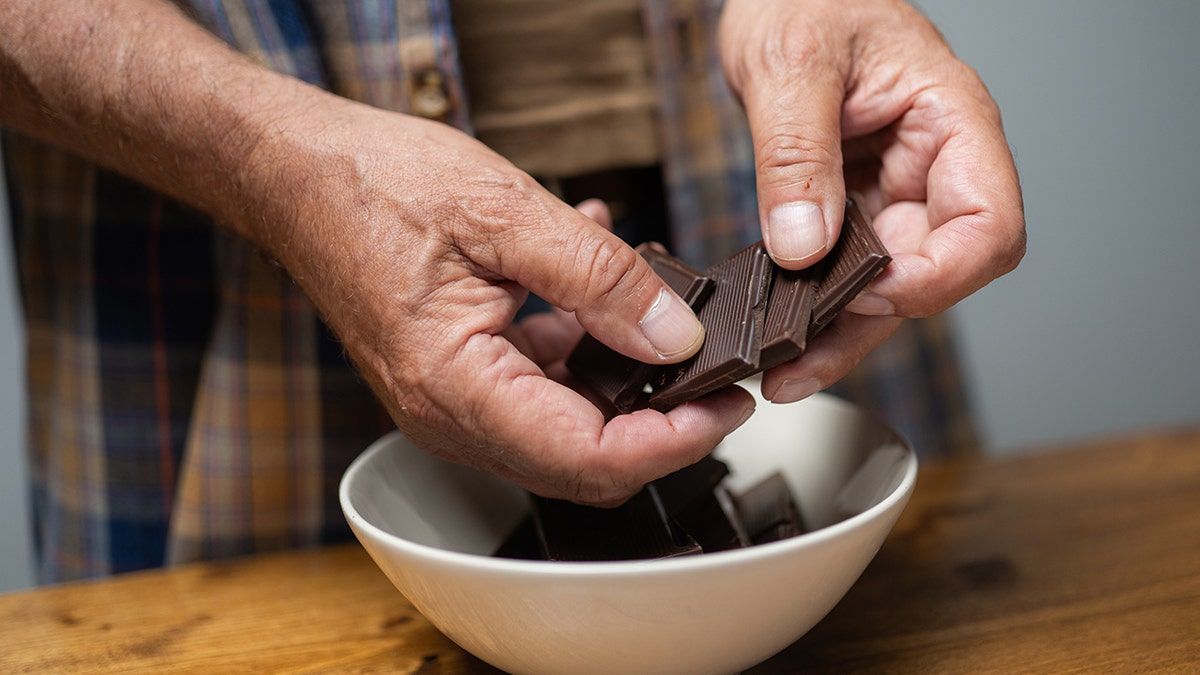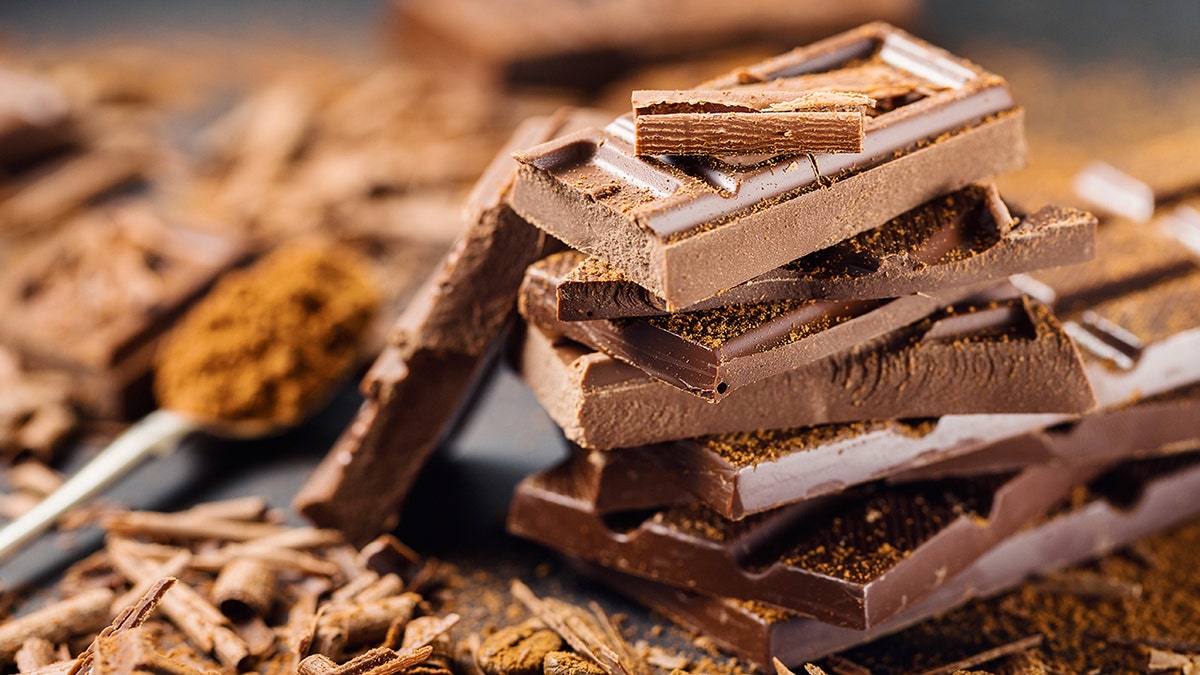NEWYou can now listen to Fox News articles!
Certain bitter plant compounds — the kind found naturally in cocoa, apples, berries and red wine — may temporarily boost memory by activating the brain's internal "alarm system," a new study suggests.
Researchers at the Shibaura Institute of Technology in Japan found that when mice consumed flavanols — plant-based compounds known for their antioxidant properties — their brains released a surge of noradrenaline, a chemical linked to alertness and focus.
Within an hour, the animals performed about 30% better on a memory test compared with untreated mice, according to the findings, which were published in October in the journal Current Research in Food Science.
BANANAS MAY BE SABOTAGING YOUR SMOOTHIE'S SUPERPOWERS, SCIENTISTS WARN
The researchers also found that the flavonol group exhibited greater motor activity and exploratory behavior.
"Flavanols exhibit an astringent taste," lead researcher Yasuyuki Fujii said in a statement. "We hypothesized that this taste serves as a stimulus, transmitting signals directly to the central nervous system."

Dark chocolate is rich in flavanols, compounds that a new study is associating with improved memory performance in animals. More tests are needed. (iStock)
The team believes this reaction triggers a physiological response throughout the body through the sympathetic nervous system, Fujii added.
That's the same network that governs alertness and stress responses.
NEUROLOGISTS REVEAL THE TOP 3 FOODS TO AVOID TO PROTECT YOUR BRAIN AND NERVOUS SYSTEM
The mice were given a "novel object recognition" test, in which they explored two identical objects for about 10 minutes.
Then one object was replaced with a new one. If the mice spent more time exploring the new object, it indicated they remembered the old one.

The study is suggesting the mouth-puckering bitterness of flavanol-rich foods could play a role in their observed effects on the brain. (iStock)
The flavanol mechanism at work appeared to be taste-based, rather than dependent on chemical absorption, the scientists said.
TEST YOURSELF WITH OUR LATEST LIFESTYLE QUIZ
The mouth-puckering sensation of flavanols, which make dark chocolate and strong tea taste slightly bitter, may trigger sensory nerves that communicate directly with the brainstem, the study found.
Flavanol-rich foods may help the brain turn short-term memories into long-term ones, but the researchers warn this is far from scientifically proven.
This triggers a small region of the brain called the locus coeruleus, which releases noradrenaline and helps the brain retain new information.
The research helps explain why previous studies in older adults have linked diets rich in flavanols to improved memory.

Flavanol studies have suggested that sensory signals from taste could activate the brain's memory centers. (iStock)
Instead of acting like nutrients that protect brain cells, the compounds may stimulate the body's alert systems, enhancing learning and focus.
CLICK HERE TO SIGN UP FOR OUR LIFESTYLE NEWSLETTER
"Stress responses elicited by flavanols in this study are similar to those elicited by physical exercise," Fujii said. "Thus, moderate intake of flavanols, despite their poor bioavailability, can improve the health and quality of life."
The "poor bioavailability" means that only a small fraction is absorbed after people eat foods like cocoa or berries. The doses given to the mice, however, were much higher than what a typical serving of dark chocolate or berries contains.

The compounds may stimulate the body's alert systems, enhancing learning and focus, the new study found. (iStock)
The flavanol-rich foods may help the brain turn short-term memories into long-term ones, the researchers believe, but they warn this is far from scientifically proven.
CLICK HERE FOR MORE LIFESTYLE STORIES
The authors also emphasized that human testing is still needed to see whether similar short-term improvements are possible and whether repeated exposure could lead to tolerance or stress-related downsides.
CLICK HERE TO GET THE FOX NEWS APP
Fox News Digital reached out to the study's authors for comment.
Deirdre Bardolf is a lifestyle writer with Fox News Digital.


















































